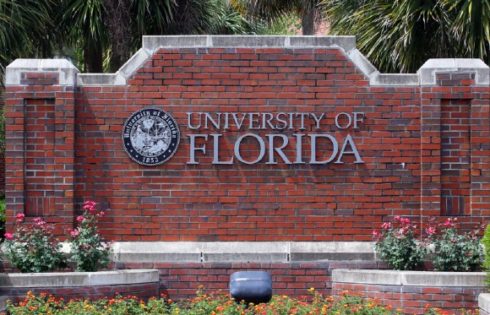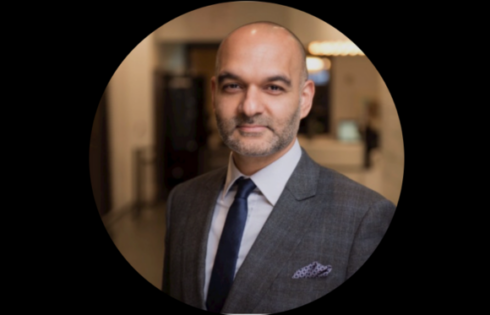
OPINION: Given the clear progressive bias in higher education, it’s fair to question whether universities are doing enough to prevent voter fraud and educate students about the consequences
The recent case of a non-citizen student at the University of Michigan who was arraigned after casting an illegal vote serves as an urgent wake-up call. It’s time for universities to better enforce student voting oversight and provide stronger enforcement of voter eligibility laws on campus to protect the sanctity of our elections.
The student, who is legally in the U.S. but not a citizen, registered to vote using his student ID and residence documents, signing an affidavit falsely claiming U.S. citizenship. His vote was counted because, under Michigan state law, ballots are anonymized once processed, making it impossible to identify and remove fraudulent votes.
Further, the student cast his illegal ballot at an election office run by Democratic donors on campus. UM turned its Museum of Art into “a satellite location” of the Ann Arbor City Clerk’s Office and a “one-stop-shop” for voters.
This is all part of a broader trend. Nationwide, universities are increasingly encouraging students to vote. Given the incident at UM and the clear progressive bias in higher education, it’s fair to question whether universities are doing enough to prevent voter fraud and educate students about the consequences.
A non-citizen voting in a U.S. election is no small infraction; it strikes at the very core of the democratic process. Every vote cast is a sacred responsibility — one that is earned through citizenship. Allowing only citizens to vote ensures those shaping the country’s future are those who have a vested interest in its success.
While the individual involved in the UM case is being prosecuted, experts told The College Fix that lax voter registration laws in the state may have contributed to this breach. These lax laws are not unique to Michigan, however.
According to the National Conference of State Legislatures, “Twenty-three states and Washington, D.C., have implemented same-day registration, which allows any qualified resident of the state to register to vote and cast a ballot at the same time.”
These laws allow an individual to cast a vote before citizenship can be verified, as was the case at UM.
Further, the issue here is not just one isolated incident.
“As the U.S. Supreme Court noted when it upheld Indiana’s voter identification law, ‘flagrant examples’ of voter fraud ‘have been documented throughout this Nation’s history by respected historians and journalists,’” the Heritage Foundation reported.
Heritage’s election fraud map, which tracks proven instances of voter fraud in the U.S., further proves this point. It includes a total of 138 cases, and it is “not comprehensive.”
All of this goes to show that voter ID laws, proof of citizenship, and stringent vetting processes for registration should be the baseline for safeguarding our elections — and that includes on campuses.
Some argue that these measures might disenfranchise certain groups of people, but that argument misses the larger point. The integrity of the entire system must come first. Without a secure electoral process, no one can meaningfully have a say in their representation.
Some also argue that voter fraud makes up too small of a margin to make a difference in an election. However, according to the National Commission on Federal Election Reform, “In close or disputed elections, and there are many, a small amount of fraud could make the margin of difference.”
The UMich case also raises concerns about how voting laws are enforced, particularly among student populations, where residency requirements and citizenship status can sometimes be murky.
Universities need to take steps to ensure students’ eligibility before they are allowed to cast a ballot. Not only should non-citizens face legal penalties, but there should also be an effort to raise awareness among foreign students and residents about the gravity of voting without the right to do so.
If the U.S. wants to preserve the trust in its democracy, it must enforce stricter, more transparent laws to prevent anyone, citizen or not, from undermining the process. The integrity of our elections deserves nothing less. Our democracy is too important to be left vulnerable.
The foundation of our representative democracy relies on elections that are transparent, secure, and trustworthy. To preserve a government that truly reflects the will of the people, it’s crucial that we advocate for the integrity of elections.
MORE: Professors claim it’s racist to ask voters to renew registration
IMAGE: SeventyFour/Shutterstock
Like The College Fix on Facebook / Follow us on Twitter







Please join the conversation about our stories on Facebook, Twitter, Instagram, Reddit, MeWe, Rumble, Gab, Minds and Gettr.